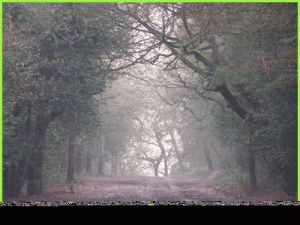Jacqui Kennedy, Birmingham City Council’s head of regulation and enforcement, writes in the Birmingham Mail that last year, Sutton Park National Nature Reserve was associated with the E. coli infection.
A link was made between the cows that graze on the site and the E. coli cases reported.
Within Sutton Park, grazing livestock are a crucial element of the management  regime of the site and have been in place for centuries.
regime of the site and have been in place for centuries.
They are an essential tool used to maintain the habitats within the site and are the reason we have such a unique rural landscape within an urban area.
One solution to the E.c oli problem could have been to remove cattle from the site permanently. However, if grazing animals were no longer a management tool, the nature of Sutton Park would alter substantially.
The nationally important habitat of low land heathland we are fortunate to possess would be threatened – including many important and locally rare species.
The cattle also play a vital role in the site’s eco-system, providing a food source through their feces for many mini-beasts. These creatures then provide food for other insects, birds and bats.
The cows are now back and have been given a clean bill of health, but I want to continue to spread the message that E. coli is part of our natural environment and safeguards should always be taken to protect ourselves from harm.
To reduce the risk of infection people should wash their hands whenever they visit any rural environment.
We have worked to provide further help to our visitors to the park by increasing hand washing facilities and signs.


